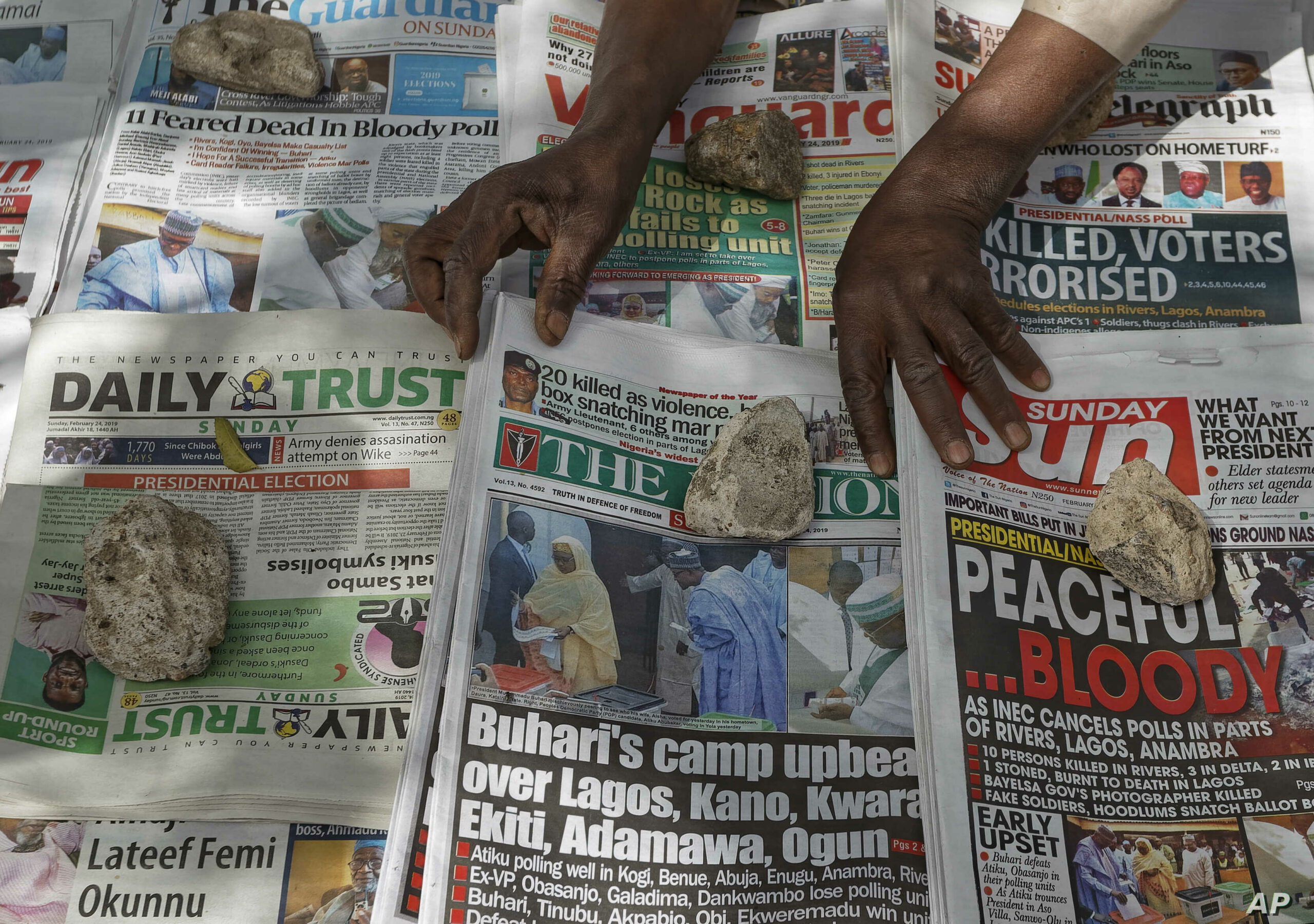With the proposed amendments to two media laws – Nigerian Press Council Act and National Broadcasting Commission Act – government is poised to stifle the media space and take out those it cannot cow to submission. The Press Council (Amendment) Bill introduces fees and levies “to be determined and charged by the Council on the annual income of licenses print media houses and media own, established or operated by private individual(s), State or Local Government(s).”
It goes further to prescribe fines to be paid by any person(s) who, without documentation with the Council, owns, publishes or prints a newspaper, magazine or journal.
The bill says any person who does that ‘‘commits an offence and is liable on conviction to a fine of five million naira or to a term of three years imprisonment or both…” The amendment further prescribes penalties against journalists and media houses accused and found of libel or slander by the Press Council. The amendments to the NBC Act aim at entrenching licensing, censorship and stringent fines for violators of its Code, bringing “online news related licenses,” “Internet broadcasting (Webcast)” and the blanket clause of “any other class of licenses as may be determined by the Commission” into its area of regulation.
These amendments contradict the constitutional concept of Freedom of the Press. By dictionary definition, the press freedom: “is the principle that communication and expression through various media, including printed and electronic media, especially published materials, should be considered a right to be exercised freely.” The sense of “freely” in the above definition is expounded in Section 39 (2) of the Constitution, which says, “Without prejudice to the generality of subsection (1) of this section, every person shall be entitled to own, establish and operate any medium for the dissemination of information, ideas and opinions…”
From the foregoing, the idea of censoring, licensing and collection of fees from media owners, which are cardinal amendments to the media Acts, is against the spirit of a free press. For one, every media company is registered with the Corporate Affairs Commission (CAC) for carrying out ‘media and communication’ business, and pays company and employee income taxes to government through the Federal Inland Revenue Services (FIRS). If these bodies are to obtain licenses from NPC or NBC and pay annual levies before carrying out their activities, it translates to multiple taxation.
Also, the sense of adjudicating cases brought against media houses and journalists by complaints (individuals or corporate bodies), duplicates the role of Courts of Law that adjudicate cases related to libel and slander. Even if the objective is to settle cases out of court, states and national arbitration courts can do so. In a nutshell, these amendments are meant to gag the media, using the power of the State to limit criticism or other verbal or published attacks on government. Government wants to achieve this through taxation and censorship, and to forbid the publication of ideas or information which government lackeys consider to be harmful. Government says it wants to regulate social media, indeed that is necessary to avoid fake news and the likes, but there are ways of going about it that will not cause suspicion about its intentions.
No doubt, the proposed amendments would worsen Nigeria’s press freedom credential. They should be stopped. In the 2020 annual World Press Freedom Index by Reporters Sans Frontiers, Nigeria was ranked 115 out of 180 countries. In West African countries, Nigeria was rated as the “most dangerous and difficult country for journalists.” This is not good for our democracy. Before these proposed amendments, journalists have been arrested and prosecuted under the amorphous 2015 cybercrime law. State governments persecute journalists with impunity, and our law courts have not lifted a finger to ensure redress when journalists drag their persecutors to them.
The media needs to be encouraged and helped, not persecuted. Instead of crippling the media, government should engage in measures to enhance media operations. For instance, print media organizations, including book publishers, import newsprints and papers, because Nigeria’s paper mills are moribund. Government should bailout companies that run the paper mills, as a way of reducing forex spent on paper importation. Many serious-minded countries have social security funds which distressed journalists could access. This is not so in Nigeria, though government has spent billions of Nigeria bailing out banks, electricity companies, and other sectors. It is more effective to meet with media stakeholders and discuss how to enhance media practice instead of threatening journalists with draconian laws.

 Join Daily Trust WhatsApp Community For Quick Access To News and Happenings Around You.
Join Daily Trust WhatsApp Community For Quick Access To News and Happenings Around You.


